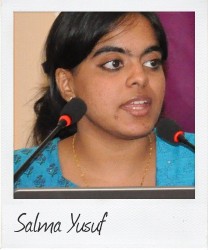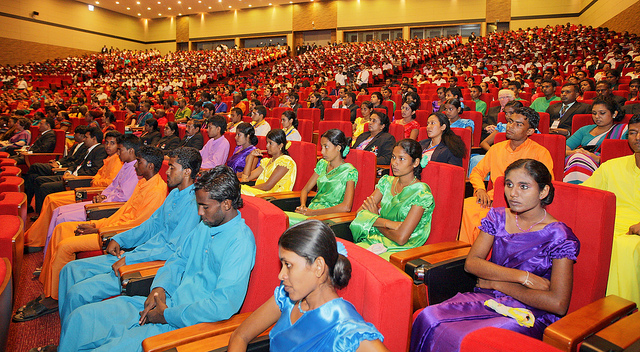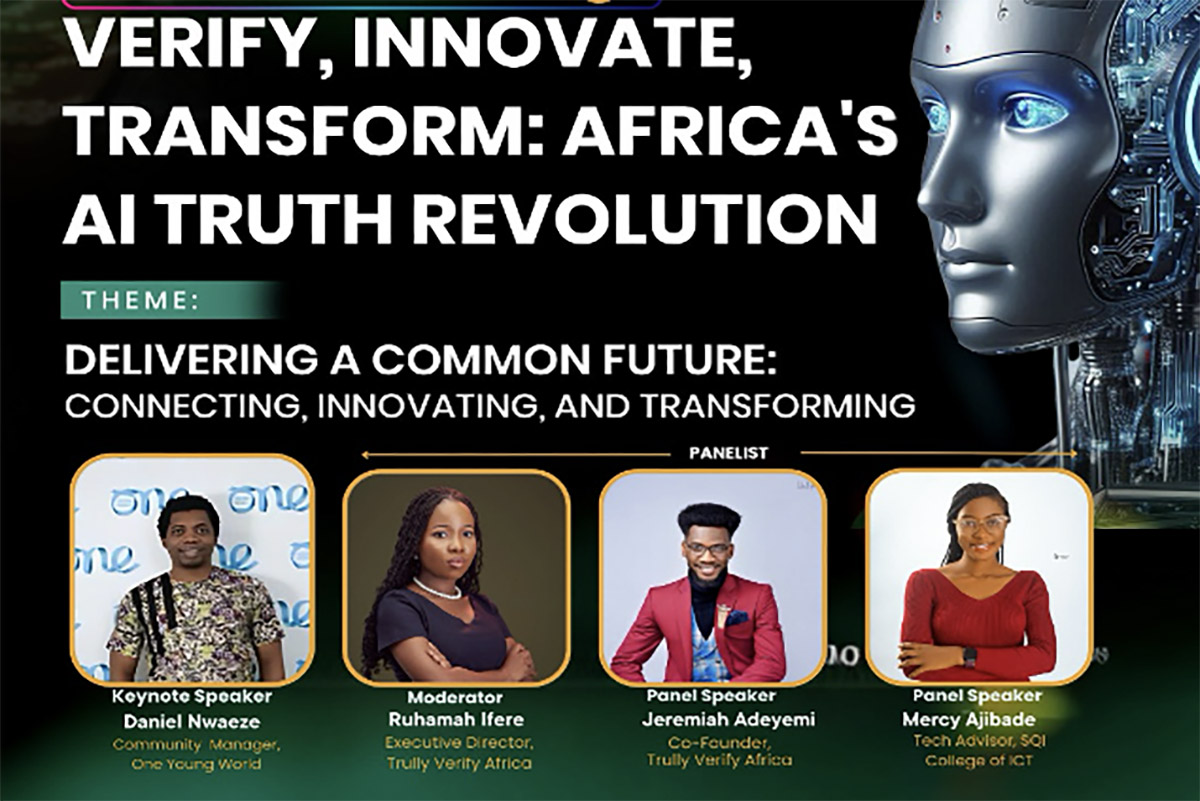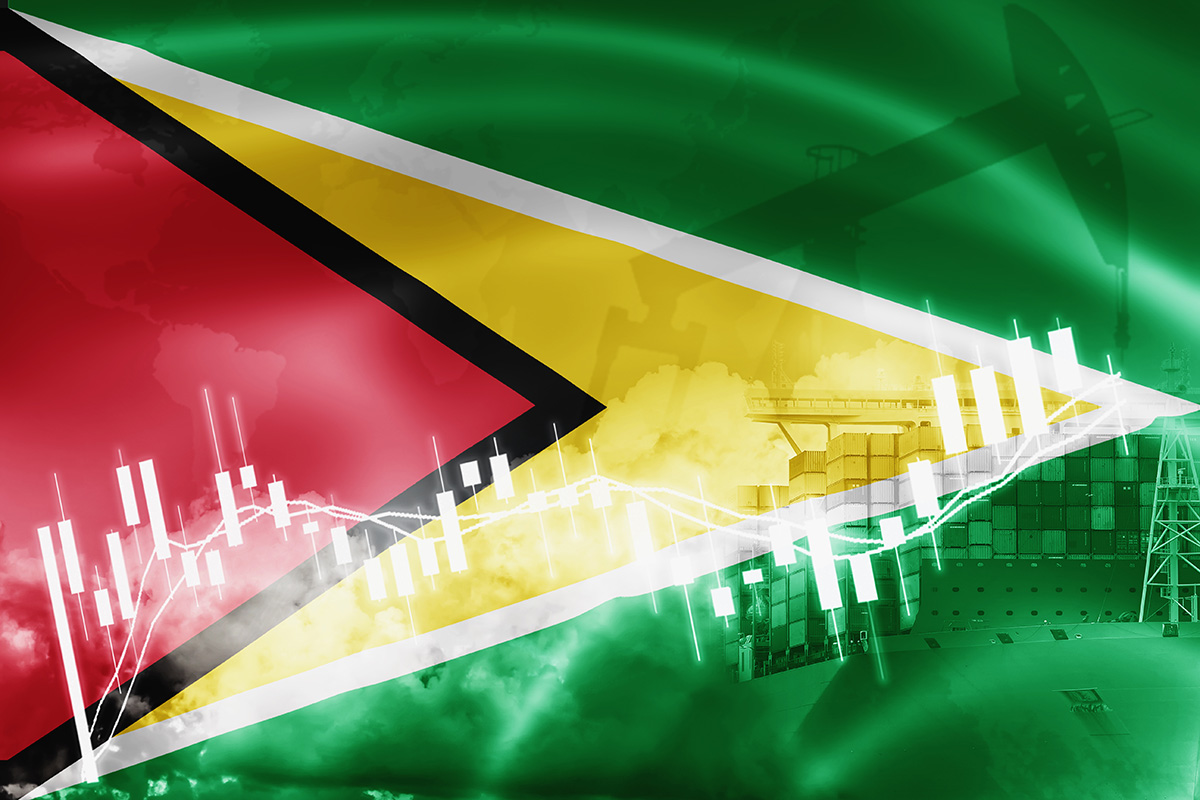“Youth that is not wasted on the young”
February 17 As a lead speaker at the Commonwealth Youth Forum of November 2013, Salma Yusuf, a Commonwealth Correspondent from Sri Lanka, had a unique opportunity to reflect on youth’s role in reconciliation and policy-making.
As a lead speaker at the Commonwealth Youth Forum of November 2013, Salma Yusuf, a Commonwealth Correspondent from Sri Lanka, had a unique opportunity to reflect on youth’s role in reconciliation and policy-making.
It was indeed an honour to address emerging leaders of Commonwealth nations hailing from four of the world’s inhabited continents. What was an even greater privilege was to be invited to present at the first-ever international youth conference to be held in Sri Lanka, my country, my home.
It was equally heartening to have among the twenty-five Sri Lankan delegates at the Commonwealth Youth Forum 2013 a former combatant, a youth from the indigenous community and a differently-abled youth.
As opening speaker at the sitting on Reconciliation and Social Cohesion, I was tasked with setting the context for deliberations of the plenary, and exploring the notions of Reconciliation and Social Cohesion and their necessity. Given that the objective of the Commonwealth Youth Forum is to provide a platform to link policy with action, I wanted to take the liberty of going one step further in suggesting reasons why youth can play a powerful role in Reconciliation and Social Cohesion. I proposed to conclude my remarks with recommendations for a broad strategy that can be developed by Commonwealth Member States towards achieving that end.
I am a child of the war. I was born at a time when the conflict that ravaged my country, Sri Lanka, was at a height and eventually continued for over three decades. Growing up in my beloved motherland, along with my brothers and sisters of the present generation, in the first 20 years of our lives we were well acquainted with bloodshed, with brutality and with insecurity. Growing up, living with war became a way of life. This fact makes us belong to a critical generation in our country’s history because we as youth of Sri Lanka are currently undergoing a dual transition: from youth to adulthood against the larger backdrop of conflict to peace transition.
This brings me to the logical question: why is this dual transition important to consider in reconciliation and social cohesion? It is important because it means that we, the youth of today, have a unique responsibility, unlike any other generation before us, to foster reconciliation and social cohesion in our countries, regions and world.
It has been famously said that youth is wasted on the young. George Bernard Shaw was quite clear in expanding on this, his quote. He defined the statement as derogatory when he said that “young people are brainless, and don’t know what they have; they squander every opportunity of being young, on being young.” Basically he meant that young people waste their youth doing youthful things of little use and those who are mature enough to do useful things have little youth.
Today, in the twenty-first century however, young people are beginning to reverse the heart of this belief. Today, it is not merely impractical but also undesirable for young people to remain beneficiaries only in a process that will deeply impact their lives, their futures and the future of their world.
There is beginning to emerge a movement to institutionalize and structure youth engagement, which is to be welcomed and strengthened. There exist a handful of concrete examples worthy of mention: at the national level, a process for youth-led reconciliation was institutionalized in Sri Lanka with the setting up of the Sri Lankan Youth Parliament in 2010 following the conclusion of the country’s three-decade armed struggle in 2009. One quarter of the youth parliamentarians at the Sri Lankan Youth Parliament are from previously conflict-affected areas and hence are given a democratic and legitimate space to represent and voice their concerns and aspirations for reconciliation and social cohesion at both national and local levels. This is a poignant example of where the local feeds into the national, a key requisite for genuine and lasting reconciliation.
Sri Lanka will be hosting the World Conference on Youth in May 2014, which was proposed in recognition of a combination of current global realities: the fact that the youth of this world need to have their effective participation increased in the decision making processes of the post-2015 development agenda, to facilitate effective partnerships, and establish a follow-up mechanism that supports young people as partners in the global implementation of the post-2015 development agenda at the level of the United Nations.
From a regional perspective, the Commonwealth set up a process for dialogue between youth and Heads of Government at Commonwealth Youth Forums and went one step further at this, the 9th Commonwealth Youth Forum, to set up a Commonwealth Youth Council which will be the official voice for the young people of the Commonwealth.
At the international level, the United Nations Secretary General has made youth one of his second term priorities: he recently appointed a special envoy on youth while UN-HABITAT has taken the lead in lobbying for a Permanent Forum on Youth to be built into the United Nations system.
The key message in all of this is that contrary to popular belief, youth is no longer wasted on the young.
salmayusuf@gmail.com
photo credit: Commonwealth Secretariat via photopin cc
…………………………………………………………………………………………………………………
Salma Yusuf was the opening speaker and panelist on Reconciliation and Social Cohesion at the Commonwealth Youth Forum 2013 in Hambantota, Sri Lanka and was invited to a meeting with Prince Charles, the Prince of Wales at Westminster House on the eve of the Commonwealth Heads of Government Meeting 2013. Further, she was a member of the delegation meeting with Commonwealth Heads of Government at the 2013 CHOGM held in Colombo, Sri Lanka.
…………………………………………………………………………………………………………………
Opinions expressed in this article are those of the author and do not necessarily represent the views of the Commonwealth Youth Programme. Articles are published in a spirit of dialogue, respect and understanding. If you disagree, why not submit a response?
To learn more about becoming a Commonwealth Correspondent please visit: http://www.yourcommonwealth.org/submit-articles/commonwealthcorrespondents/
…………………………………………………………………………………………………………………




